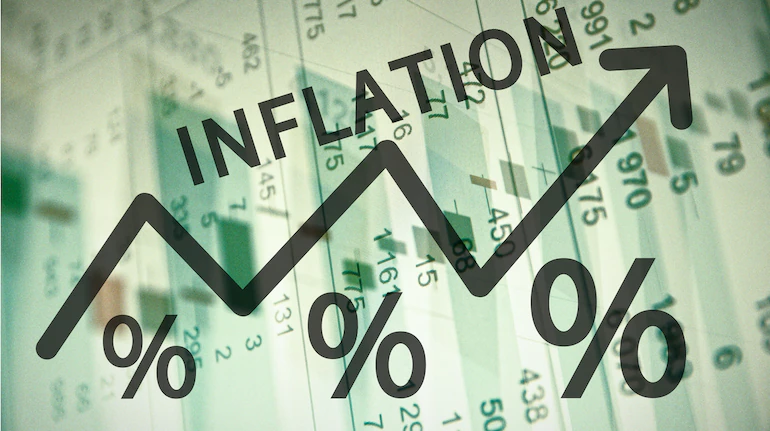ISLAMABAD (ABC) — Pakistan’s economy is confronted with significant challenges, including lower-than-potential growth and persistent inflationary pressures, hitting the vulnerable households the hardest, and pushing more people below the poverty line.
Talking to WealthPK, Majid Shabbir, General Secretary of Islamabad Chamber of Commerce and Industry (ICCI), said that Pakistan’s ongoing socioeconomic situation was characterised by a high population growth and widespread poverty.
He pointed out the International Monetary Fund’s structural adjustment programme had resulted in tax hikes, especially on consumption, and cutbacks on public expenditure, particularly on development and social services.
“These austerity measures, while intended to address fiscal imbalances, impede development of critical infrastructure and compromise efficient delivery of healthcare and education facilities.”
He said persistent foreign exchange liquidity issues driven by a chronic trade deficit and limited access to external financing had further exacerbated the country’s economic woes.
Shabbir emphasised that decreased investments in critical areas could hinder human capital development and impede long-term economic growth.
He said Pakistan was at a critical developmental stage, necessitating a focus on basic determinants like well-functioning institutions, a robust infrastructure, smooth macroeconomic environment and quality education facilities.
“Without decisive action to tackle these structural challenges, Pakistan faces worsening economic woes and stunted progress on key development indicators.”
He underscored the urgent need for a comprehensive approach encompassing short-term stabilisation measures and long-term structural reforms.
Meanwhile, speaking to WealthPK, Dr Sajid Amin Javed, an eminent economist and Deputy Executive Director of Sustainable Development Policy Institute (SDPI), said Pakistan’s economic policy had come under scrutiny for its regressive nature, characterised by the use of import controls to protect the rupee.
“While these measures have contributed to a lower current account deficit, they have also led to slower economic growth and increased unemployment – a cost that the nation cannot afford.”
“Furthermore, the attainment of revenue targets has come at the expense of higher inflation and increased reliance on indirect taxes.
Despite promises of tax reforms, little progress has been made in this regard,” he noted.
He said the failure to tackle these structural challenges reflected a lack of foresight and proactive policymaking.
“Without meaningful reforms to broaden the tax base and boost exports, Pakistan risks perpetuating its cycle of economic stagnation and missing development opportunities.”
“Amid these challenges, there is a pressing need for a comprehensive overhaul of economic policies.
This includes a more balanced approach to trade and currency management, as well as concerted efforts to address structural challenges such as tax reform and export promotion,” Javed suggested.
According to World Bank’s latest Pakistan Development Update, the country’s economy is expected to grow by only 1.8% in the current fiscal year ending on June 30, 2024, while no poverty reduction is expected over the medium-term because of weak growth and continued high inflation.
Macroeconomic risks remain very high amid a large debt burden and limited foreign exchange reserves.
The lender sees Pakistan’s GDP growth to be less than 3% over the next three years.

